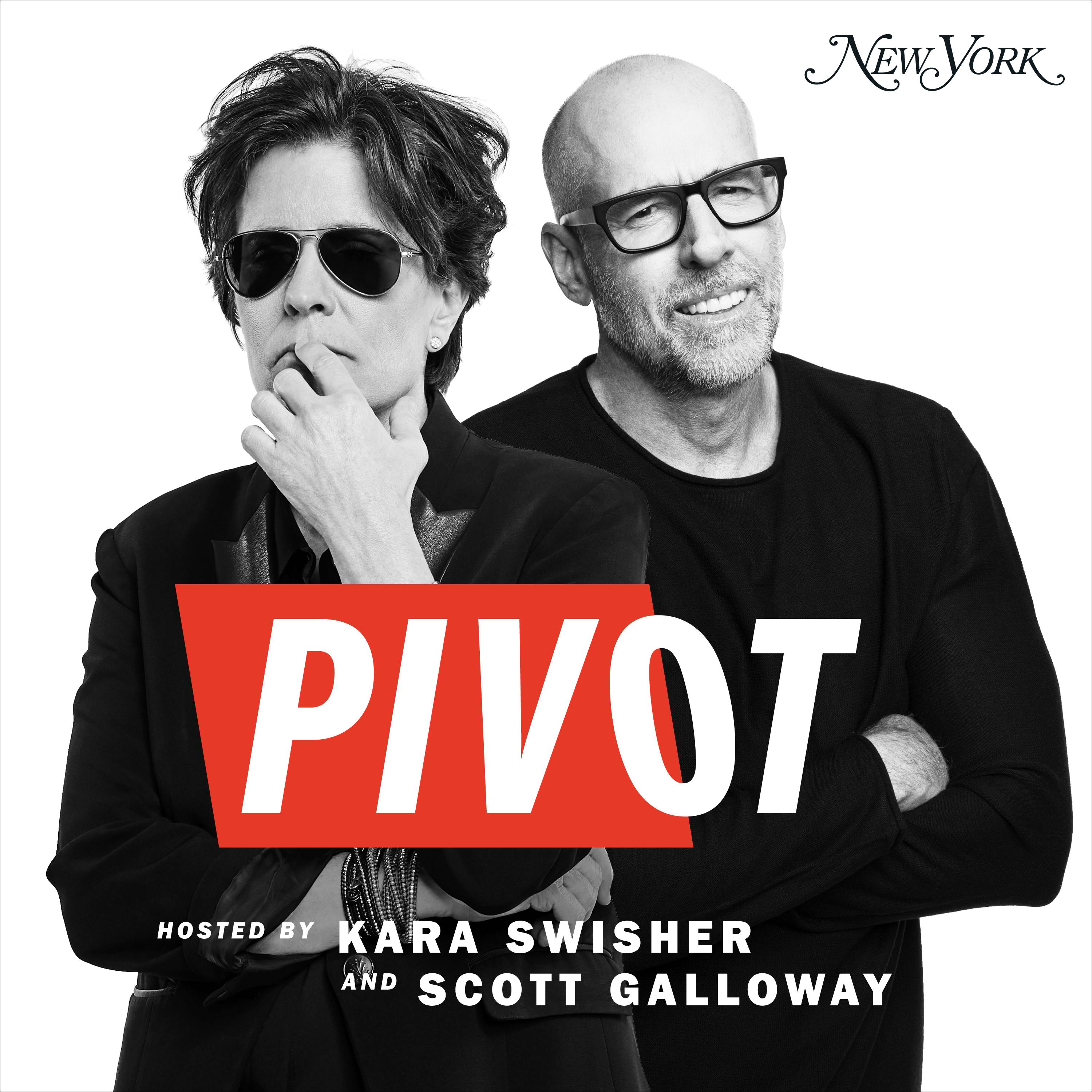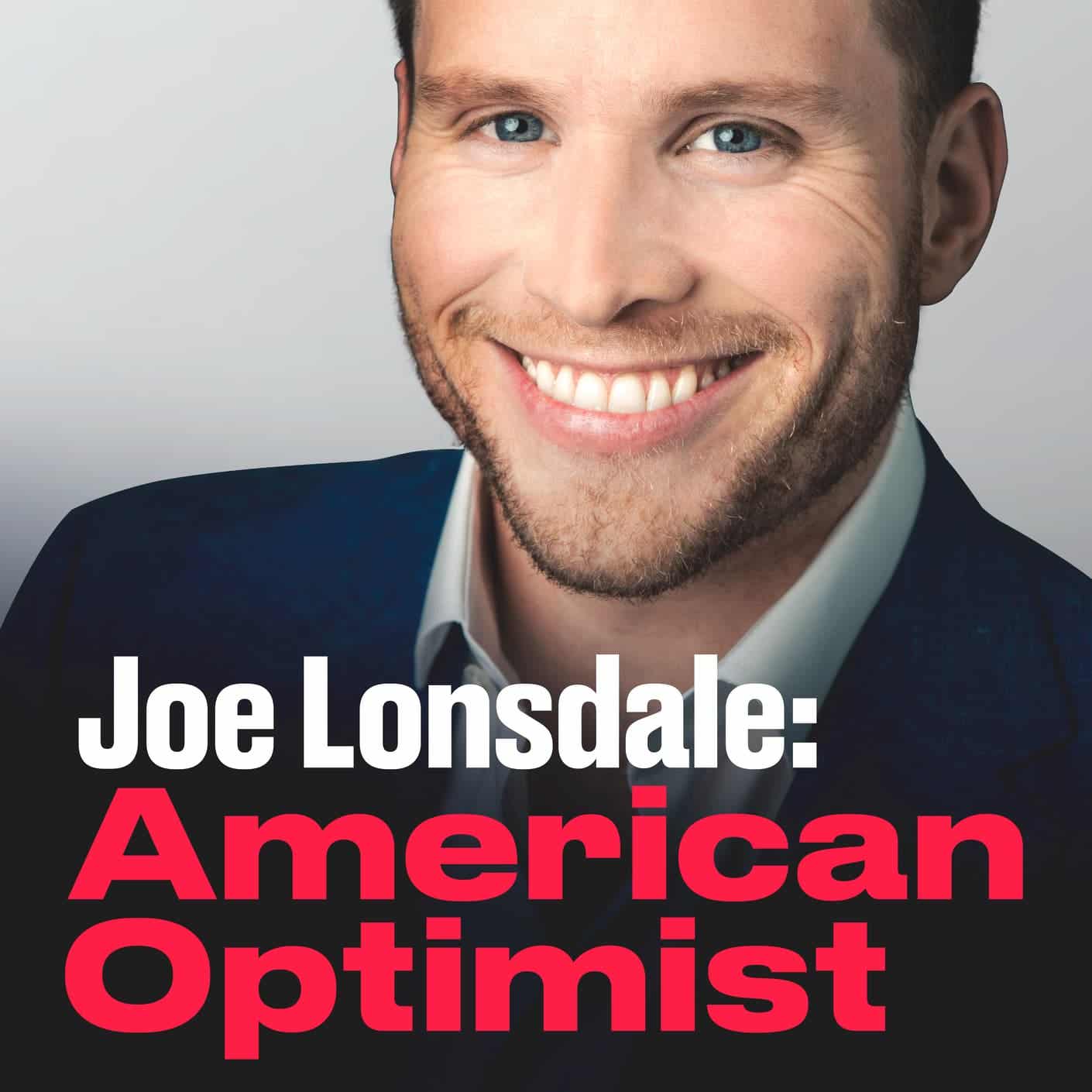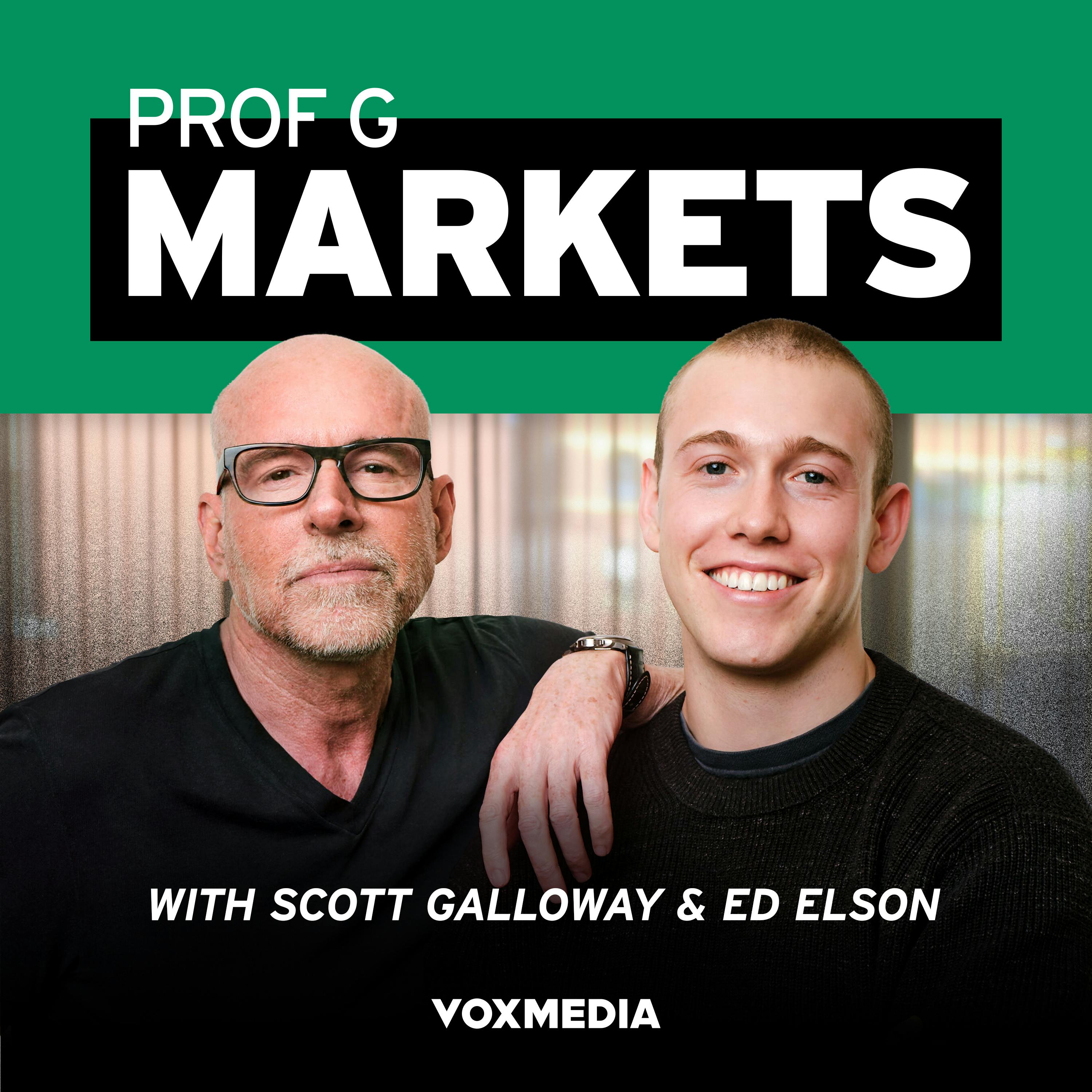PortalsOS
Related Posts
Vote to see vote counts

The JPMorgan Alternative Investment Summit is a major event where significant economic discussions occur, but controversial statements can lead to disinvitations.

I remember the moment that triggered me was when I was teaching MBAs, and they started rejecting the idea that the job of a corporation is to maximize shareholder value. They were questioning it, saying profits should be subjugated to principles of equality, racial justice, and climate issues. I was like, no, stop! This is the business school; we should be thinking about profits!

Jamie Dimon, who I think is a leader, should recuse himself from decisions where the government has input and have a panel of thoughtful, smart people decide what's best.

The case of Charlie Javis, who was sentenced for defrauding JP Morgan, highlights the risks of crossing the line between storytelling and fraud.
Jamie Dimon claims the $1.5 trillion investment is purely commercial and not influenced by political motives, despite similarities to other companies' actions to gain favor with the president.

Historically, major technologies like GPS and the internet were initially poor investments, supported by government funding. This raises questions about the viability of JP Morgan's private sector-led America-first investments.
Scott Galloway suggests that Jamie Dimon's announcement feels like a presidential campaign speech, emphasizing America-first language and bipartisanship.

The U.S. financial markets' ability to finance large-scale projects is a significant asset that can be leveraged for strategic priorities.

The belief that money should be used to uplift society and not just for personal gain is emphasized, highlighting the role of leaders as stewards.
JP Morgan plans to invest up to $1.5 trillion over 10 years in critical industries, including national security and rare earth minerals. This move aligns with Trump's strategic objectives, raising questions about whether it's a genuine investment or an attempt to curry favor with the administration.